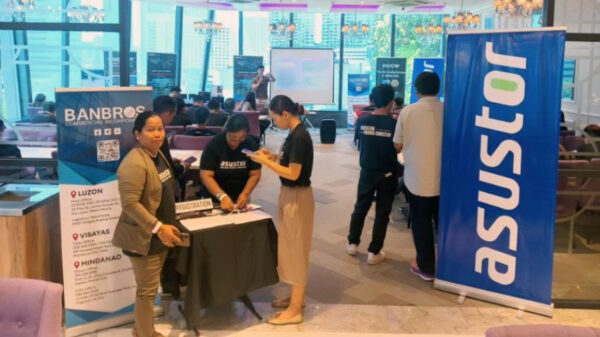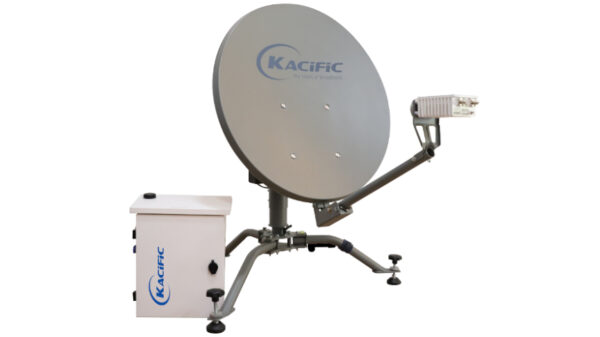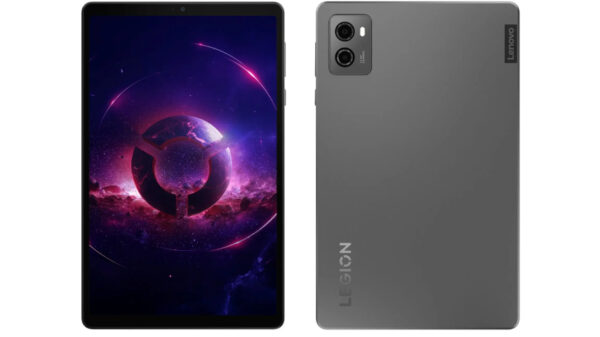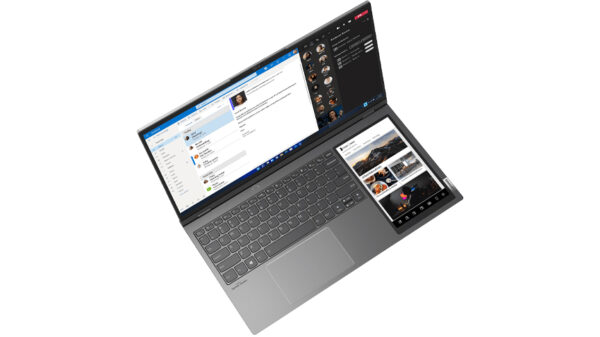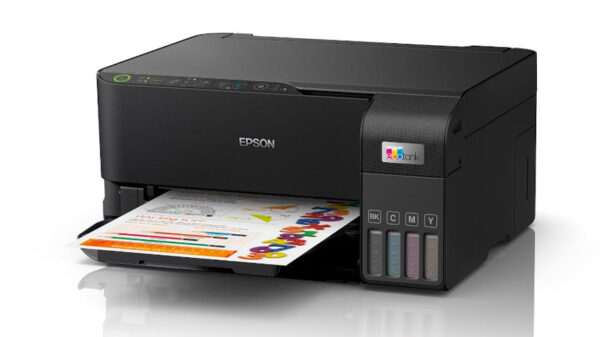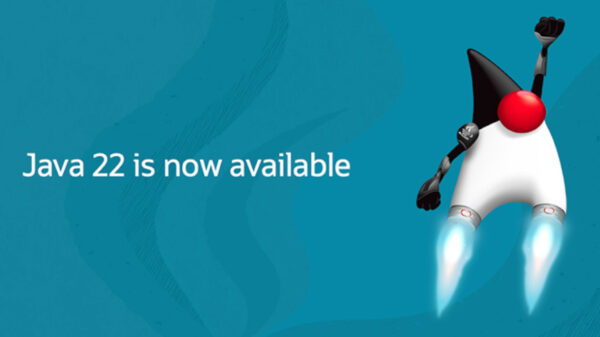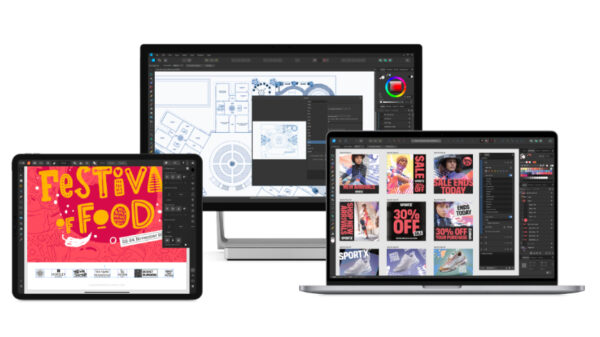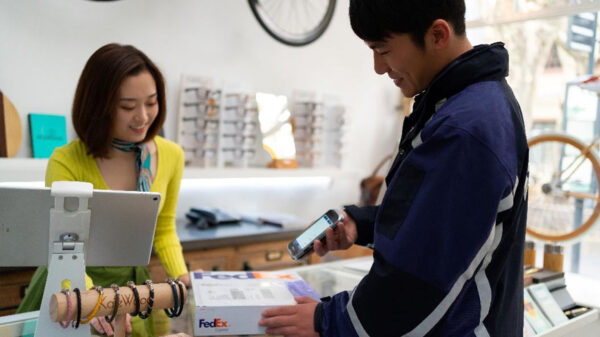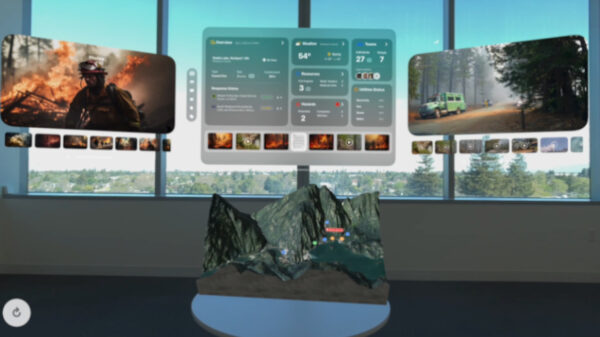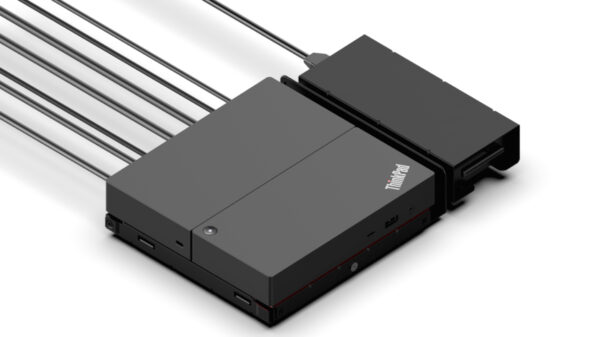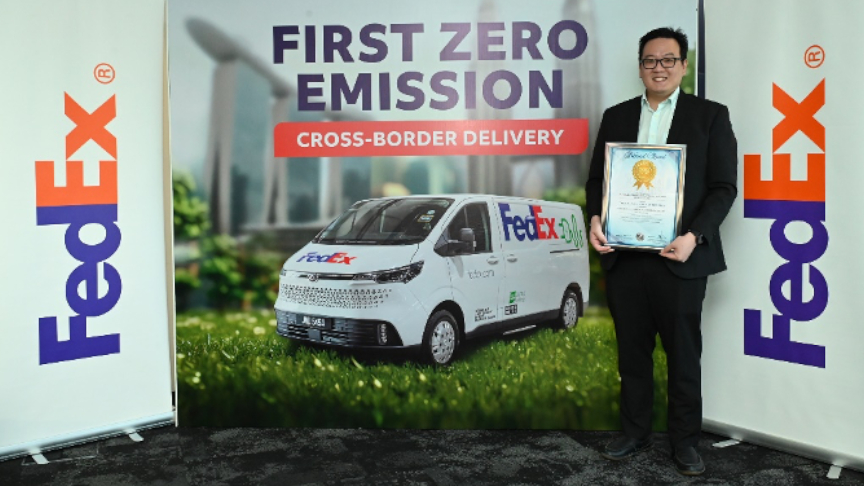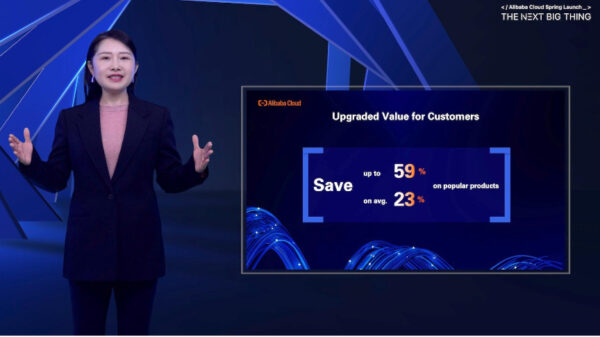FedEx Express, a subsidiary of FedEx Corp. and one of the world’s largest express transportation companies, has set a record for successfully executing the first ever cross-border package delivery from Malaysia to Singapore with an electric vehicle (EV). The attempt was recognized by the Malaysian Book of Records for ‘First Zero Emission Cross-Border Delivery’. It also underscores the company’s goal of achieving carbon neutral operations by 2040.
The milestone journey, which spanned a distance of 406 kilometers, commenced at a FedEx station in Shah Alam and concluded at a FedEx facility at Changi Airport in Singapore spanning. The journey was completed with just a single charge in Johor. It also demonstrated approximately 100 kilograms reduction of tailpipe CO2 emissions when compared to diesel-powered vans.
“When we set our goal of carbon neutral operations by 2040, we knew we were setting a bold target that set us apart in our industry and across other industry sectors. Transitioning successfully to a zero emissions operating model means we need to think strategically about all of our ground operations, not just last mile delivery,” said Kawal Preet, president of Asia Pacific, Middle East, and Africa region at FedEx. “This cross-border trial has been a successful proof of concept that will help advance our fleet electrification program. This will be pivotal in shaping the future of its operations, which will not only benefit the environment, but also improve the efficiency of its fleet, while providing excellent service to its customers.”
FedEx is using the insights gained from this trial to assess operational effectiveness for future cross-border pick-up and delivery operations. In addition to vehicle electrification, FedEx has a tailored approach to efficient and responsible resource management of both its air and ground operations. This is part of the FedEx sustainability strategy, which focuses on the tree R’s: Reduce, Replace, Revolutionize. Specific efforts include fuel savings initiatives, investments in renewable energy, and implementation of sustainable packaging solutions.
The company also recently launched a cloud-based carbon emissions reporting tool, FedEx Sustainability Insights, giving customers access to historical emissions information on their shipments within the FedEx network. FedEx customers can use the data to help make more informed decisions on their future shipping strategy to reduce their impact to the environment.


